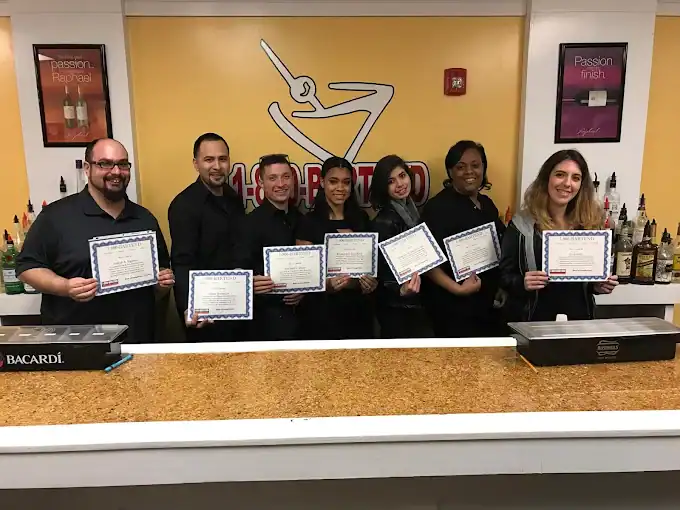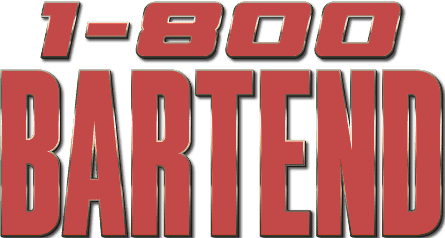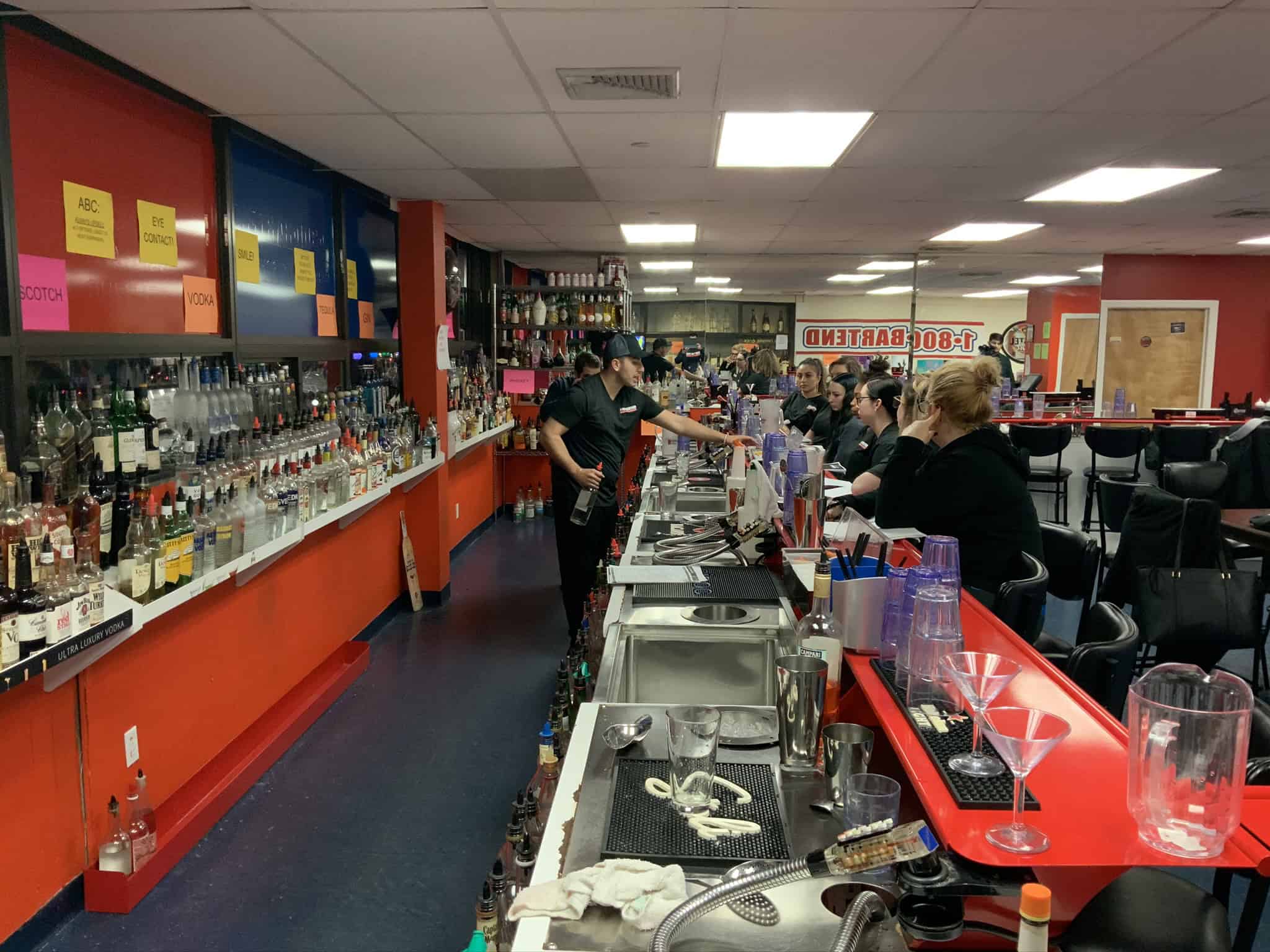Summary:
Location Matters
You’ve heard it, shouted it, probably rolled your eyes at it: location, location, location. That old cliché still punches above its weight. The best cocktail program in the world won’t save a bar tucked three blocks too far from foot traffic. You want visibility, access, and surroundings that match your vibe. Before you sign anything, spend a month in the area—walk it, drink in it, people-watch like it’s your side hustle.

Invest in Education
Street smarts behind the bar teach you hustle, timing, charm. But blending that with a formal education adds a sharpened edge to your instincts. A bachelor’s in business gives you tools to understand cash flow cycles, interpret P&Ls, structure your payroll, and forecast seasonal dips. Most bartenders have a visceral feel for customer service—what many lack is fluency in spreadsheets and growth modeling. Marrying your hands-on know-how with structured education isn’t redundant—it’s a multiplier.
Budget Smart
Passion is intoxicating, but without hard numbers, it’ll also bankrupt you. Opening a bar isn’t a buy-some-liquor-and-wing-it operation. Think: lease deposits, build-out costs, licensing fees, payroll, POS systems, even napkins and toilet paper. If that list made your chest tighten, good—respect that tension. A realistic projection of your startup costs and budgeting is the difference between making it through year one and becoming a cautionary tale on bartender Reddit. Be brutally honest with your spreadsheet. Hope is not a budget.
Plan It Out
You wouldn’t build a bar without a blueprint—don’t launch one without a plan. A business plan isn’t just a formality for bank loans. It’s a compass. It forces you to think through your concept, audience, pricing, staffing, growth path, and even your eventual exit. Even if you’re allergic to planning, grit your teeth and do it. There’s a strong, practical guide to writing a bar business plan that breaks the whole thing down into manageable chunks. Print it. Annotate it. Tape it to your fridge.

Get Licensed
Here’s the part that’ll kill your buzz—paperwork. Health inspections, liquor licenses, fire codes, food handler permits. It’s not sexy, but it is absolutely mandatory. And the timelines? They’re glacial. You need to start this months before you plan to open. If you’re not wired for bureaucratic patience, partner with someone who is or brace yourself. You’ll need a licenses and permits guide tailored to bars to help you crawl through the red tape without losing your mind—or worse, your opening date.
Market Like a Pro
You’ve got the vision, the drinks, the playlist—but none of it matters if no one walks through your door. Your job is no longer just making a killer Negroni—it’s making sure people know you’re making a killer Negroni. Pre-opening buzz matters. So does your digital footprint. You’re not just a bar—you’re a brand now. Dive into bar marketing strategies that include everything from local influencer outreach to first-month promos and curated social media drops.
Stay Inspired
Once you’ve opened, it’s easy to get consumed by rotas and receipts. Don’t lose what made you fall in love with the craft. Schedule field trips to other bars, read books on spirits, stage somewhere new for a week every year. Keep evolving. Customers can tell when you’ve lost your spark—it leaks into your playlist, your garnish, your posture. Sink into profiles like this one on thoughtful cocktails that stretch your palate and remind you why you started.
You already know the rush of a packed house, the high of nailing a perfect round, the rare beauty of barroom camaraderie. Now, imagine all that—but on your terms. Owning your own bar won’t be easy. But if you’re ready to build something that carries your name, your fingerprint, your rhythm—it might be the most satisfying pour of your life.
Ready to shake up your career? Visit 1-800-Bartending School and get certified in just one week, unlocking a world of fun, flexible opportunities behind the bar!






